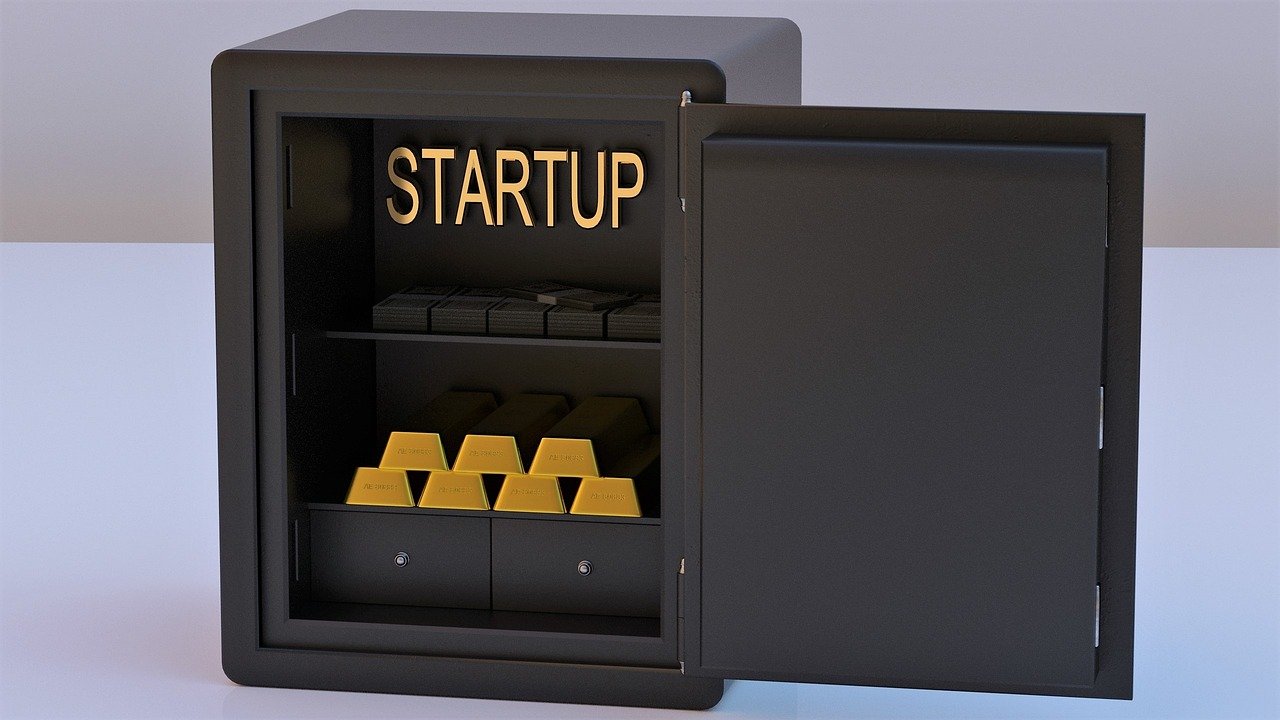The Lean Startup Approach to Life: Applying Startup Principles to Personal Growth
In the fast-paced world we live in, adaptability and constant growth have become essential for personal and professional success. One innovative methodology that has gained immense popularity in the business realm is the Lean Startup approach. But have you ever considered how these startup principles can be applied to your personal development journey? In this article, we’ll explore how embracing the Lean Startup approach can help you optimize your personal growth, achieve your goals, and lead a more fulfilling life.
Understanding the Lean Startup Approach
The Lean Startup approach, popularized by Eric Ries, is a methodology that encourages businesses to iterate rapidly and learn from customer feedback to develop products and services. Its core principles include creating a Minimum Viable Product (MVP), testing assumptions, and adapting based on real-time feedback. While originally designed for startups, these principles are highly adaptable to personal growth.
1. Start with a Personal Minimum Viable Product (PMVP)
In the context of personal growth, your PMVP could be seen as a simple, actionable goal that aligns with your long-term aspirations. For instance, if you’re aiming to improve your physical fitness, your PMVP might involve committing to a short daily workout routine. This approach helps you avoid overwhelming yourself with complex plans and allows you to focus on consistent progress.
2. Embrace the Build-Measure-Learn Cycle
Similar to startups, personal growth requires continuous improvement. Create a feedback loop by setting milestones for your PMVP, measuring your progress, and learning from the results. If your goal is to develop a new skill, like learning a musical instrument, measure your progress by tracking practice hours and assessing your skill improvement over time. Adjust your approach based on what you learn from each cycle.
3. Pivot and Persevere
Startups pivot when they realize their initial strategies aren’t working. Similarly, in personal development, be open to pivoting if you find your chosen path isn’t yielding the expected results. If you’re trying to develop better time management habits but find a certain technique ineffective, pivot by exploring alternative methods. However, also practice perseverance. Just like startups, personal growth takes time, dedication, and the willingness to face challenges.
4. Seek Feedback and Iterate
Feedback is a cornerstone of the Lean Startup approach. Apply this principle to your personal growth journey by seeking input from mentors, friends, or even self-reflection. If your goal is to enhance your communication skills, ask for feedback after presentations or conversations. Constructive criticism helps you identify areas for improvement and iterate on your approach.
5. Emphasize Learning over Failure
In the Lean Startup methodology, failure isn’t seen as a dead-end but as a valuable learning opportunity. Similarly, view setbacks in your personal growth journey as chances to learn and grow. Did you fall short of a goal? Instead of feeling discouraged, analyze what went wrong and how you can adjust your strategy for a more successful outcome next time.
Conclusion
Applying the Lean Startup approach to personal growth is an innovative way to cultivate a more intentional and successful life. By starting with a Personal Minimum Viable Product, embracing the Build-Measure-Learn cycle, pivoting when necessary, seeking feedback, and emphasizing learning, you can make steady progress towards your goals. Remember, just as startups evolve and adapt to market demands, you can adapt and evolve to become the best version of yourself. So, embark on your personal growth journey with the mindset of a lean entrepreneur, and watch your life transform.














































